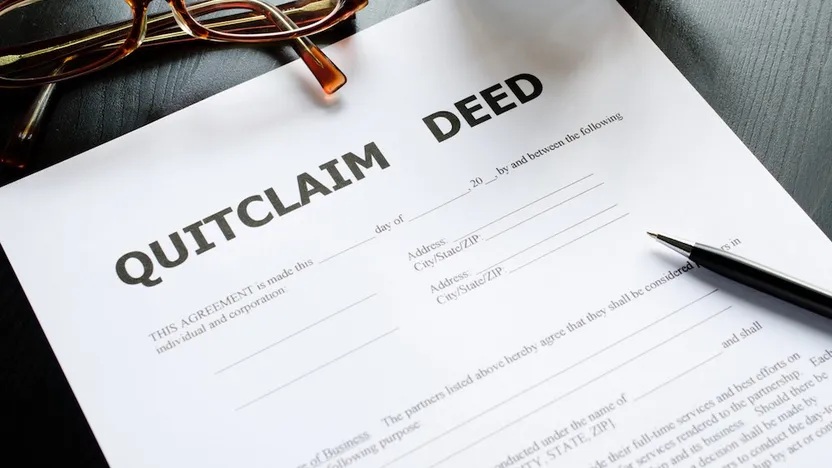

Quit claim deeds, often referred to as non-warranty deeds, are a specific type of legal document used to transfer ownership of property from one party to another. It can be confusing for many people who assume that all deeds come with warranties that protect the buyer. Quitclaim deed operates differently and anyone involved in real estate transactions needs to understand this. Find out why quit claim deeds are commonly called non-warranty deeds.
- No Guarantee of Title
These do not offer any guarantees regarding the property’s title. When a property is conveyed via a quit claim deed, the grantor (the person transferring the property) merely transfers whatever interest they have in the property, if any, without affirming that the title is clear or free of liens.
This means that if there are any title issues, such as claims from creditors or disputes over ownership, the grantee (the person receiving the property) has no recourse against the grantor. In essence, the grantor is not guaranteeing that they hold any valid title to transfer. This is the reason for the term “non-warranty.”
- Limited Liability for Grantors
A quit claim deed in Oklahoma transfers property without warranties. Thus, the grantor is not responsible for any defects in the title or any potential legal challenges that may arise in the future.
This is particularly appealing in situations where the grantor may not be entirely sure of the status of the title or wants to avoid the risk of being held liable for any problems that surface after the transfer. The non-warranty aspect protects the grantor, allowing for a more straightforward and less risky transaction.
- Commonly Used in Trust and Family Transactions
Quit claim deeds are frequently used in transactions involving family members, trusts, or other situations where the parties involved already have a level of trust in one another. This trust diminishes the need for warranties since the parties usually know the property’s history and any potential issues.
Family members can use these deeds for efficient transfer of property without the complexities that come with warranty deeds. This makes it an ideal solution for intra-family transfers. However, this also reinforces the idea of a non-warranty, as the transaction is based more on personal trust than legal assurances.
Rightly then, quit claim deeds are called non-warranty deeds. Always understand the implications and potential risks involved before you consider a quitclaim deed.
Author Bio:-
Carl writes often about online legal drafting like affidavit, bill of sale and quitclaim deed forms to help the people.







